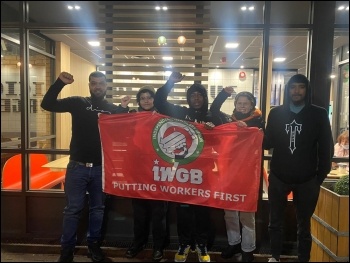Far from the programmatic pact signed by the government, this agreement abandons the “repeal” approach and assumes as its basis the 2012 reform of the Popular Party. The governmental left has tried to sell (once again) the agreement as historic; sectors of the right, such as the newspaper ABC, the famous and mediocre liberal economist Juan Ramón Rallo, the president of the CEOE and Luis Garicano have come out in defence of the agreement, considering that, despite the irritation caused by the fact that it is led by the left, it does not touch (despite certain limitations on temping) the basic pillars of the labour model implemented by the bipartisan party.
What is being changed and what is left untouched
In terms of changes in labour legislation, it is difficult to sell this as a success, although the illusionist machinery of progressivism tries to do so with its mixture of blackmailing and passive-aggressive argumentation against the critical left, seasoned with an increasingly sham and gloomy verbal illusionism. The lower cost of redundancies are untouched, the flexibility of objective dismissals is maintained, the lack of administrative control in collective dismissals, the processing salaries are not recovered? It remains to be seen whether the priority application of sectoral agreements will be applied to existing agreements, although it only affects wages, not working conditions. The only thing that can be sold as an improvement of rights has to do with the extension of the agreements, a concession to the trade union apparatus that makes it possible to avoid further formal setbacks after years in which the bargaining power of these actors had strongly regressed. Employers are satisfied: they retain the possibility of free and cheap dismissal and, on the other hand, the full capacity to organize work as they want, because they are able to modify conditions at will.
In other words, we are not dealing with a repeal of the PP labour reform or a new labour reform: we are dealing with a small correction of the framework of labour precariousness and pro-corporate flexibility that was historically imposed by the PP, PSOE and the CEOE, protected by the trade union apparatuses.
At the heart of the consensus, modernization
For some time now, the leaders of PSOE and Unidos Podemos (UP) have been insisting on the idea of a new modernization. Perhaps the text that most clearly expresses this thesis, unfortunately little discussed on the left, is an article by Alberto Garzón and Enrique Santiago [1], which went unnoticed and which tried to provide a theoretical basis for what Pablo Iglesias had been saying for some time through his media statements.
This article dealt with the commitment of the progressive left to the modernization of the Spanish state. Modernization is the equivalent in economic policy terms of the term regeneration in politics. It is about updating the forms and sectors that are the backbone of Spanish capitalism. In the article, the classic rhetoric of green capitalism is combined with ridiculous illusions in the capacity of progressivism to direct investment and capitalist development. Absurd illusions, not only because of the nature of capitalism, but also because UP is a subaltern part of a weak government that is not going to undertake any reform that would modify the relationship between state and capital, and that could generate a disruptive counter-trend against neoliberalism.
The most interesting thing about the article, beyond these old and extravagant assertions about the “progressive development of the productive forces” and the capacity of the left to guide this process, is the political background, which has become a dogma of faith in the new UP led by Yolanda Díaz. The two leaders of the IU and the PCE recognized an ally in certain sectors of the bosses. The article clearly took up the old axiom shared by right-wing Eurocommunism and social democracy converted to socio-liberalism (whose most advanced synthesis is the Italian Democratic Party): modernization is “something that the government can only solve if part of the business class, the most dynamic and lively, is part of the solution”. In other words, the adversary is not the business class, because the short-term objective is no longer to weaken its social power, but to strengthen it. Instead he only enemy is the political right wing, which with its outbursts fails to fulfil its state responsibilities and becomes an obstacle to modernization.
This progressive modernization faces certain objective limits (the role of the Spanish state in the global market, the multiple crises experienced by capitalism at the global level and the Spanish specificities that derive from it), but let us be clear. The aim of modernization is not to modernize the Spanish productive structure: it is to reactivate the Spanish growth cycle, because in reality, our modernizers (liberal or Eurocommunist) only believe that the economy can be activated through the reactivation of capitalist profits.
The famous consensus, the fetish word of our new-found Transition, reappears on the basis of these objectives. The famous consensus, a pseudo-Gramscian caricature justified on the basis of agreement with who should be your irreconcilable enemy and built on the exclusion of broad sectors that should be allies: precarious workers, migrants, workers in small and medium enterprises - little is said about how this labour reform fails to include them within the umbrella of union bargaining - and a long etcetera of the vast majority of working men and women. But let us be fair. If the thesis is that we must prioritize the alliance and links with employers, the non-labour reform promoted by Yolanda Díaz fulfils its role to perfection. It is no more and no less than a translation in labour terms of the famous modernization, as it adapts the regulatory structure of labour to the political and economic needs of capitalism. That is to say, this new labour agreement complements the other two great axes on which progressivism sustains the modernizing project, reintegrating the trade union leaderships in its management: the distribution of European funds (money that goes to big business as a way of compensating for its crisis of profitability through public subsidy, an orthodox neoliberal practice) and wage containment to prevent inflation from being paid for by corporate profits, the first example of which we saw with the tanks in Cádiz.
In short, I do not think that we are facing a move towards anything other than this modernizing project that we have enunciated. This discussion is important because it locates us on the political and economic map on which progressivism is moving and prefigures a certain political position. It is a question of assuming a position of active opposition to modernization and to the different political milestones that make it possible, as well as building an alternative to it, but also, and this is important, defining the political scenarios that this project (still weak and subject to the volatility of crises) can generate.
Political readings
Politically, this is a defeat for the forces that for years have mobilized against this model of bipartisanship (including, of course, the militancy of the left-wing forces that signed the agreement), even though it is a political triumph for the modernizing integration of the left. I know it is fashionable to sell the idea that it is a partial advance, but from a political point of view it is false to sell it that way. The government agreement is breached, as the labour reform is not repealed. All the parties in the government bloc agreed on that point, achieved through years of struggle, because, let’s not forget, this is a demand that has been kept alive by mobilization. After years of insisting that things were changed through the BOE, it turns out that when the left has a parliamentary majority to pass certain laws, it does not happen. Moreover, an unelected actor like the CEOE is introduced to determine the whole negotiation process. This negotiation has been a good indication of how the logic of the political regime inherited from the Transition works. When the right governs, the social consensus is broken and only businessmen rule. When the left governs, the social consensus is reorganized so that they also continue to rule. The hypothesis that UP in the executive would guarantee government agreements has already been shelved without much hesitation by the leaders of the left: now it is only a question of selling as progress what is a surrender a necessary and non-contingent counterpart of a profound strategic shift.
In this sense, it seems to me that from the left (I use this term for lack of a better and equally broad one), we must discuss some questions.
I believe that this is not simply a problem of narrative or of how the government has sold what is evidently the acceptance of the current political order with some modifications. The problem is political and strategic. It is as naïve to believe that an anti-capitalist transformation is possible within this regime as it is to think that there is no margin for struggle and partial gains. Partial gains can be wedges, temporary and always subject to the need to be defended, which the subaltern classes manage to introduce and which aim to improve the conditions of life and struggle within and against the system itself. To renounce them is to renounce politics as well, and worse, to assume for example the idea that an impoverished working class will be more radical, when the opposite is the case. It is the strength and strengthening of our class, in a broad sense and without corporate residues, that will allow us to be in a better position to take on transformative challenges. In reality, it is about betting on introducing those wedges not to get out of the crisis, but to live and fight in it, displacing it through political and economic struggle towards capital, while the working class grows stronger. It is there, at that point, that agreements of struggle between the left can be found.
I make this clear because I think it is wrong to assume that this precise course of events was inevitable. It is the result of strategic decisions and the direction taken by the governmental left, which they are now trying to compensate for with cackling about unity and new leaderships. A strategy that seeks to improve the famous balance of power must be based on social and political conflict, and not on modernizing consensus, and requires two objectives: using all spaces to extend the conflict (and that includes using positions in the state and in parliament in that context, blocking whatever needs to be blocked to achieve these partial conquests) and a broad and organized will to mobilize. There has been no appetite for this in the governmental left; there has been no capacity on the left outside the government or in the social movements. A bitter lesson, but one that deserves to be discussed without compromise, avoiding in my opinion falling into that fetish (“the social or the political”) mentioned by Daniel Bensaid: we need to fight in the streets and in the workplaces, a stronger fighting trade unionism, capable of dragging along sectors today imbricated in the organisations of the modernizing consensus, but also their own political instruments and projects, so as not to depend on a logic of pressure that allows the apparatuses of the left to end up integrated into the state and assuming pro-capitalist management. To put it clearly: calls for struggle are not enough, we need political organisation to confront this new stage. Putting pressure on and delegating politics to the left is also an ideological mechanism that only generates disappointments and defeats.
In the short term, preventing this rift from closing
Everyone knows that this does not end either the problems or the debate on the world of work. Propaganda has very short legs. Both Basque and Galician trade unionism, as well as alternative trade unionism in the rest of the Spanish state, have already shown their opposition to this compromise. A political position correlated with this is also needed: we will see what happens with parties such as Bildu or ERC, as it would be good if they stood firm in their announced rejection of the reform and did not turn around at the first opportunity. [2] It has been decided to maintain the same labour law as in the previous stage, in order to deepen the “modernizing progressive” consensus. We do not yet know the political effects of this, although it is possible that when the propaganda high wears off, disaffection towards the governmental left will continue to grow, without, to be honest, other alternative forces being able to channel this disaffection towards the left in the short term. Let us draw the strength to fight in the short term, but let us also prepare ourselves for a new stage, which, despite the consensus from above, promises to be turbulent. Because modernization is nothing more and nothing less than a reorganization of the ruling class in its struggle against the working and subordinate classes.
30 December 2021

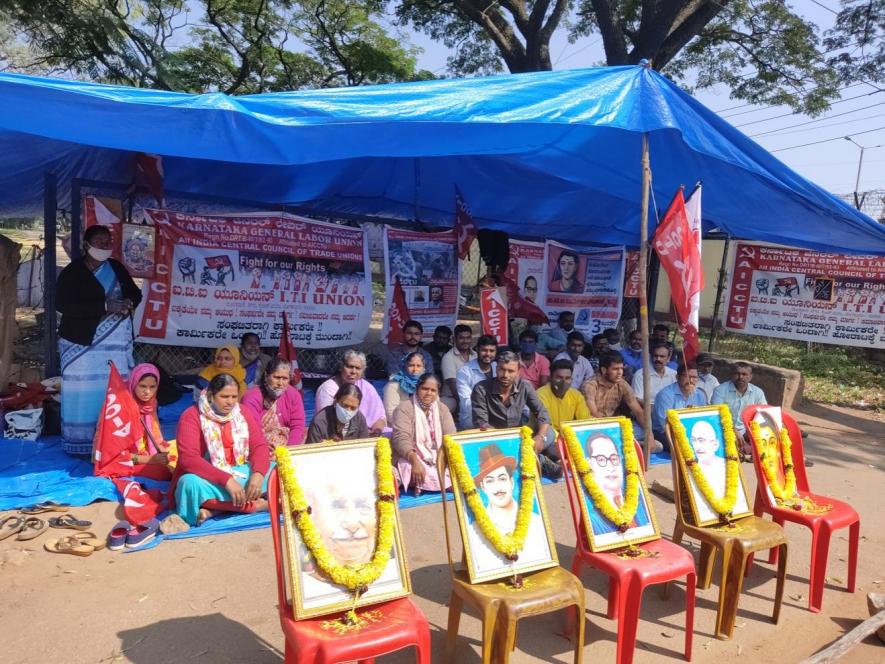
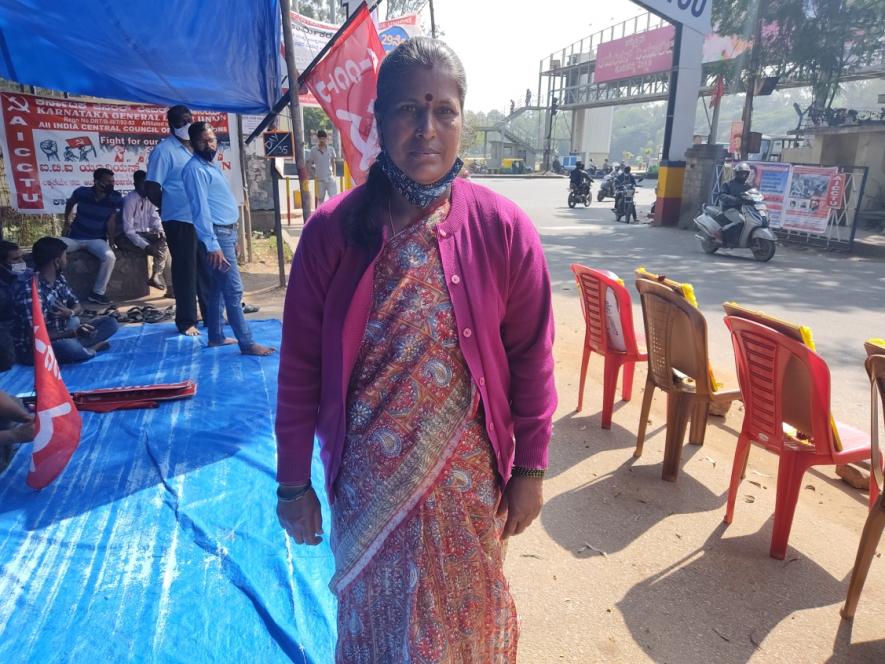
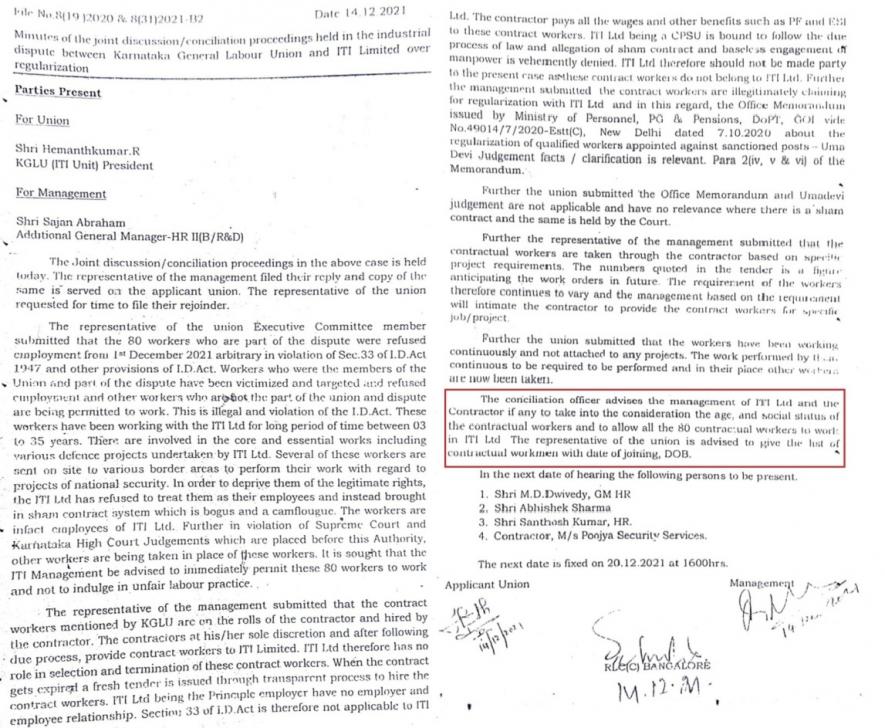
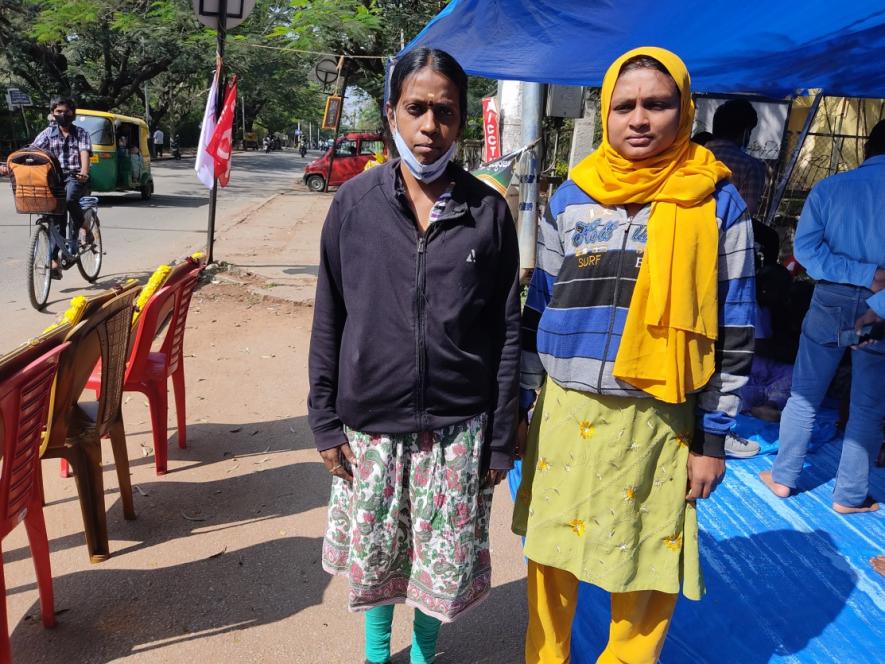




 Version imprimable
Version imprimable



